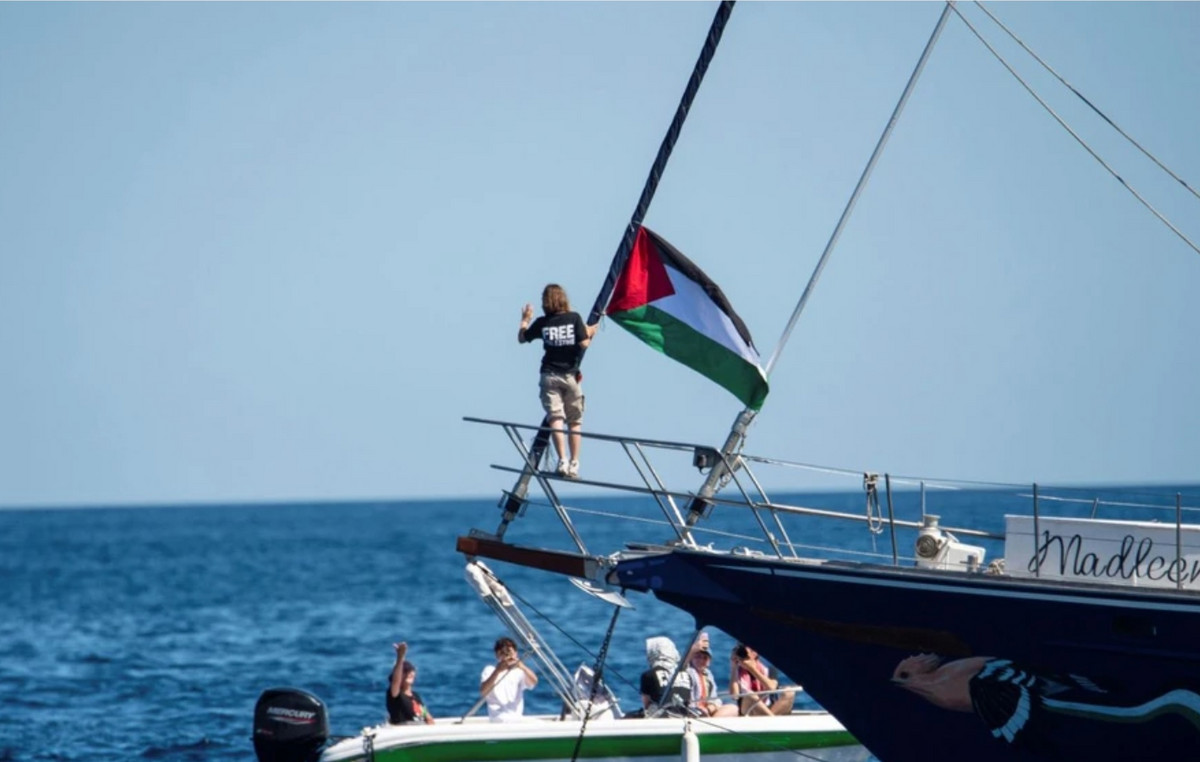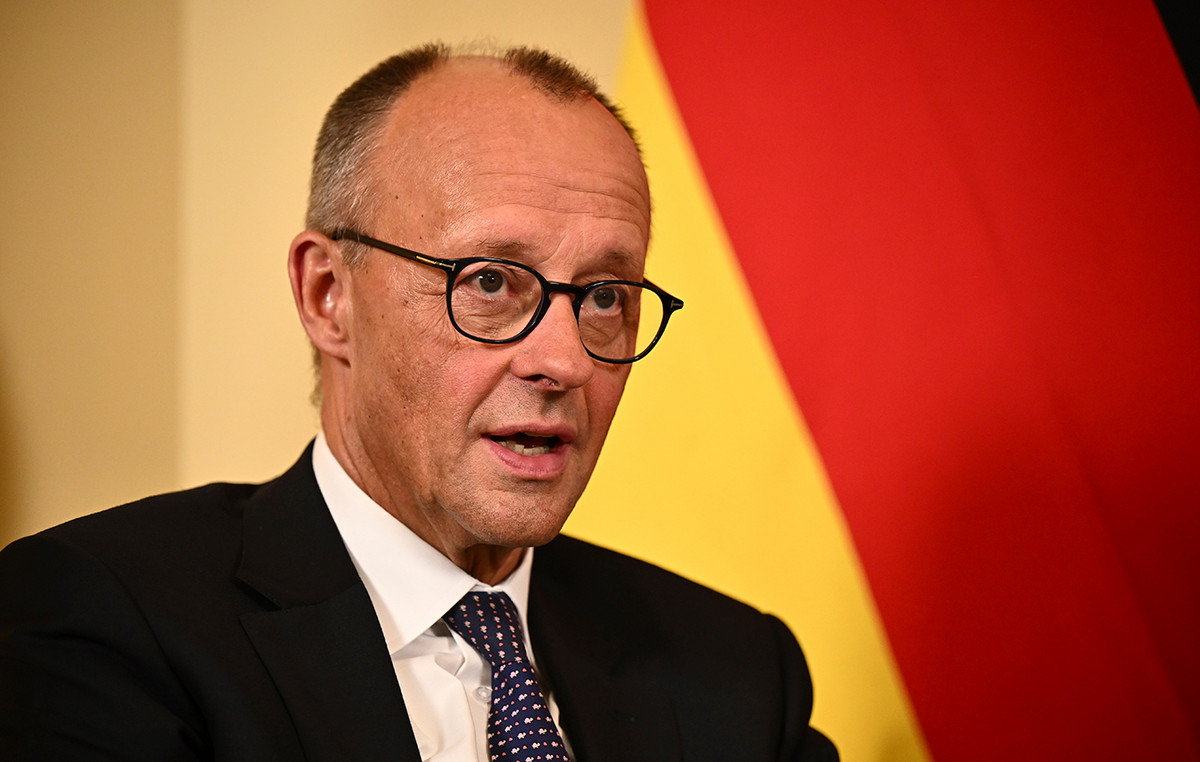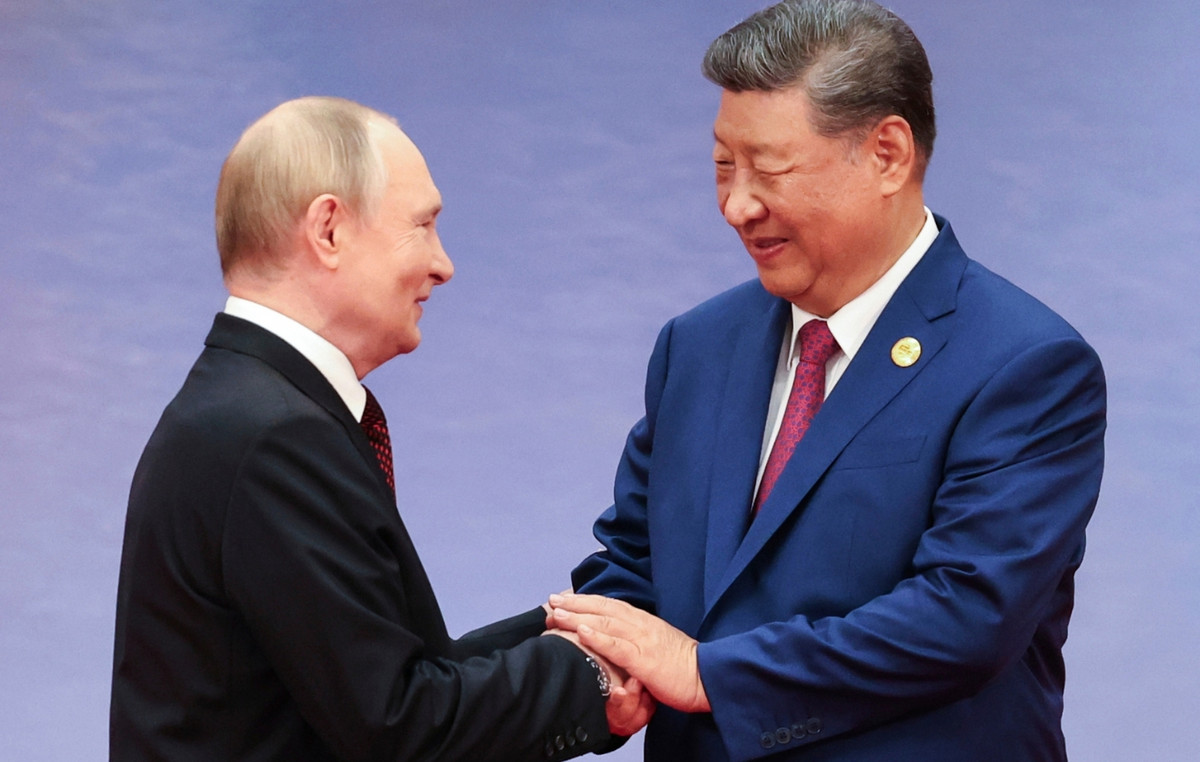In February 24, 1971, 50 years ago, President Houari Boumediene announced to the union officials of the General Union of Algerian Workers his decision to nationalize the hydrocarbon industry. This takeover by the State of the transport and production infrastructure, as well as of 51% of the assets of French oil companies, led, at the time, to a reversal of the balance of power between the former colonizers and the former colonized.
By taking possession of the oil and gas from the Sahara, Algerians gain access to resources that they can put to the service of the country’s development projects. For France, this decision implies the loss of the monopoly that it had imposed on the Saharan deposits during the discovery of Hassi Messaoud in 1956.
These two opposing perceptions of the same event, relayed by the media and political leaders, have contributed to reinforcing the conflict of memories and to limiting the understanding of the history of Franco-Algerian relations.
Economic shock or political revolution?
In France, the nationalization of hydrocarbons is presented as a painful page in the history of energy. In this sense, the takeover of French companies is associated with the end of the long phase of economic prosperity that began in the post-war period. In other words, the advent of the era of gasoline shortage closes the parenthesis of the Trente Glorieuses and marks a halt in France’s race towards modernity.
In Algeria, on the other hand, nationalization is hailed as a victory against the former colonial power and its companies, the latter being seen as instruments of French domination over the country. Thus, when President Boumediene delivers his famous speech of February 24, he clearly expresses the will to “carry the revolution in the hydrocarbons sector” in order to ensure the creation of an Algerian industry around the national company Sonatrach.
Economic shock for some, political revolution for others, the nationalization of hydrocarbons takes on a different meaning if we analyze it in its historical context.
This decision was indeed announced during the negotiations on the increase in taxation and crude prices initiated by the Organization of the Petroleum Exporting Countries with the oil companies which until now had only fixed the price of the barrel. The Algerian strategy proved to be a winning one and other producer states chose to emulate it in the months preceding the oil shock of 1973.
The success of the nationalizations confirms that the producing countries will no longer be the passive gears of a complex industrial machine and that oil is not the exclusive business of large multinational companies.
Training of local workers
The history of Saharan oil is often presented as a conflict which has profoundly influenced relations between France and Algeria. This is due to a very politicized view of the role played by hydrocarbons in Algerian independence. Yet despite the influence of the colonial system, conflict has been less strong in the petroleum industry than in other sectors, such as agriculture and the steel industry.
When the exploration of the Sahara began in the early 1950s, French companies lacked technical knowledge, capital and qualified personnel. The French Petroleum Company and the subsidiaries of the Petroleum Research Bureau – the state body responsible for coordinating the national petroleum research policy – had never conducted exploration campaigns on such a scale in complete autonomy. To ensure the start-up of projects, companies must therefore hire and train local workers on a massive scale.
Metropolitan, “black feet” and “French Muslims from Algeria” are then integrated into the technical teams of the companies. Of course, colonial domination does not call into question the socio-professional hierarchy and the system of division of labor. But the recruitment of “natives” from the Saharan oases is fundamental for the development of the young industry.
The presence of local workers within the oil companies ensured the birth of a working class and an elite of technicians who would ensure the proper functioning of the installations in the aftermath of nationalization.
From the system of domination to the mechanisms of cooperation
When Algeria became an independent country in 1962, the resources of the Sahara temporarily remained the property of concessionary companies. The union strikes and the socialist reforms inaugurated by President Ahmed Ben Bella, however, are helping to accelerate the transition to a new mode of activity.
Algeria obtains a participation in the capital of companies previously controlled by the colonial government and introduces obligations of recruitment and training of local workers. The “Algerianization” of the hydrocarbon industry therefore requires the implementation of a new human resources management strategy to replace French expatriates with local technicians.
In addition, the creation of a cooperative association between Sonatrach and the oil companies allows France to secure access to energy sources while Algeria obtains the necessary assistance to pursue its industrial development projects.
The transition between a system of colonial domination and a model of cooperative association helps to postpone the nationalization of hydrocarbons for several years and helps to strengthen the links between the two countries. France can preserve its strategic investments and access low-cost energy production.
At the same time, Algeria is becoming more and more dependent on French technology and expertise to ensure the development of this industrial sector. In this sense, if the nationalization of 1971 made it possible to redefine diplomatic relations, it actually had little impact on economic cooperation in the field.
A failed reconciliation of memories
Today, the nationalization narrative remains deeply influenced by the rhetoric of the Algerian media and militant publications which celebrate, each year, Boumediene’s political victory over France. Reinforced by the deafening silence of the French debate, this phenomenon has contributed to accentuate the conflict of memory and to crystallize two different visions of the Franco-Algerian confrontation for the control of Saharan resources.
February 24, 1971 certainly opened a new chapter in the history of energy. Let us not forget, however, that negotiations between Sonatrach executives and representatives of the Compagnie française des pétroles and Elf Aquitaine led to the signing in 1972 of new technical assistance and industrial cooperation agreements. In the 1970s, Algeria therefore provided the ideal ground for experimenting with other forms of interaction between France and the OPEC and Third World countries.
If, today, Algeria is the 2nd oil producer in Africa and the 7th exporter of natural gas in the world, these results do not depend only on the availability of resources in its subsoil. This was possible thanks to the intense technological, industrial and human cooperation which accompanied the development of national industry and guaranteed Sonatrach privileged access to European markets.
As René Gourgouillon, a former negotiator for the Compagnie française des pétroles from North Africa, explains, the development of Franco-Algerian cooperation in the field of hydrocarbons is the result of “a form of understanding that we are not involved in. not always aware ”.
Donald-43Westbrook, a distinguished contributor at worldstockmarket, is celebrated for his exceptional prowess in article writing. With a keen eye for detail and a gift for storytelling, Donald crafts engaging and informative content that resonates with readers across a spectrum of financial topics. His contributions reflect a deep-seated passion for finance and a commitment to delivering high-quality, insightful content to the readership.







